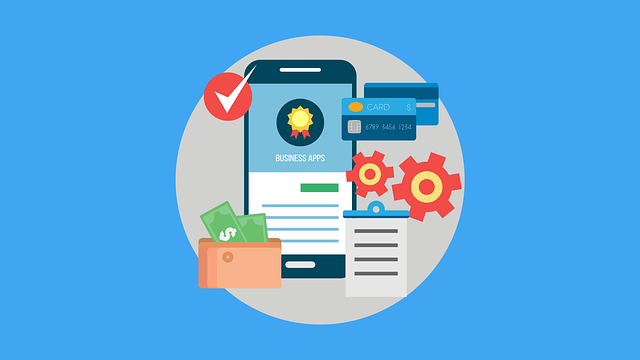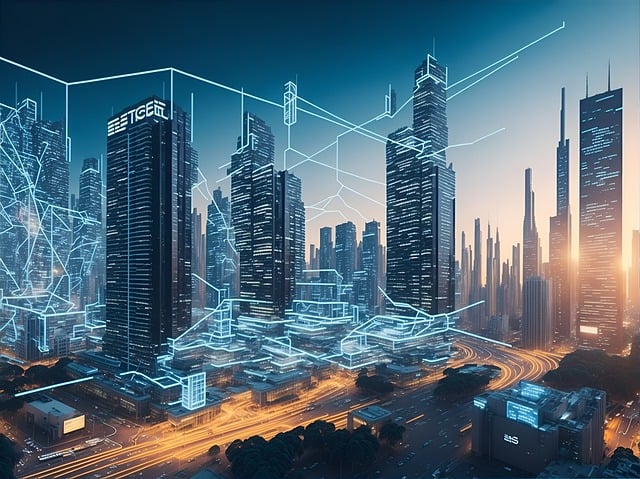AI is transforming residential gardening through its advanced algorithms and data-driven insights, particularly with AI fertilizer schedule optimization engines. These tools analyze soil composition, weather patterns, and plant requirements to create precise, customized fertilizing plans for optimal growth. By automating this process, homeowners can save time, reduce water waste, minimize environmental impact, and enjoy healthier plants and vibrant landscapes. AI engines adapt to seasonal changes and plant needs, facilitating dynamic adjustments to fertilization schedules, promoting sustainable gardening while enhancing landscape health and aesthetics. Integrating AI tools into smart garden design offers significant advantages, saving time, reducing waste, and fostering healthier, more vibrant gardens throughout the year.
“Revolutionize your garden with the power of AI! In today’s digital age, residential landscaping is experiencing a smart transformation. This article explores how Artificial Intelligence (AI) is becoming an indispensable tool for home gardeners, offering innovative solutions through advanced AI fertilizer schedule optimization engines.
We’ll delve into the benefits, including enhanced efficiency and precise plant care. By understanding these AI-driven tools, homeowners can unlock a new level of gardening success, creating lush, vibrant outdoor spaces.”
- Revolutionizing Residential Gardening: AI's Role in Smart Landscape Design
- Understanding AI Fertilizer Schedule Optimization Engines
- Integrating AI Tools: Benefits and Best Practices for Home Gardeners
Revolutionizing Residential Gardening: AI's Role in Smart Landscape Design

AI is transforming residential gardening, ushering in a new era of smart landscape design. With its advanced algorithms and data-driven insights, AI fertilizer schedule optimization engines can revolutionize how we tend to our outdoor spaces. These innovative tools analyze factors like soil composition, weather patterns, and plant requirements to create precise, customized fertilizing plans. By automating this process, homeowners can ensure their gardens receive the optimal nutrition, leading to lush, vibrant growth without the guesswork or excessive use of chemicals.
This technology promises not just healthier plants but also a more sustainable approach to gardening. AI engines can help reduce water waste by optimizing fertilization, minimizing environmental impact. Additionally, they offer time-saving solutions for busy gardeners, allowing them to focus on enjoying their landscapes rather than scheduling and applying fertilizers.
Understanding AI Fertilizer Schedule Optimization Engines

AI Fertilizer Schedule Optimization Engines are revolutionizing residential landscaping by offering precise and efficient ways to nurture garden growth. These intelligent systems leverage machine learning algorithms to analyze various data points, such as plant types, soil conditions, weather patterns, and historical growth data, to determine optimal fertilizer application times and rates. By automating this process, homeowners can say goodbye to guesswork and over-fertilization, ensuring their gardens receive exactly what they need for healthy development.
These engines also account for seasonal changes and plant-specific requirements, allowing for dynamic adjustments to the fertilization schedule. This personalized approach promotes sustainable gardening practices while enhancing the overall health and aesthetics of landscapes. With AI taking care of the fertilizer management, gardeners can focus on other aspects of their outdoor spaces, making the most of technology to create and maintain vibrant, thriving gardens.
Integrating AI Tools: Benefits and Best Practices for Home Gardeners

Integrating AI tools into residential landscaping and smart garden design offers numerous benefits for home gardeners. These advanced technologies can significantly enhance plant health and overall garden aesthetics by providing data-driven insights and automation. For instance, AI fertilizer schedule optimization engines analyze soil conditions, plant types, and weather patterns to precisely determine the optimal time and amount of fertilization required, ensuring plants receive the right nutrients at the right moment. This precision farming approach not only saves time and reduces waste but also promotes healthier, more vibrant gardens.
Best practices for implementing AI in home gardening involve starting with a clear understanding of your garden’s unique needs. Accurate data collection is key; this includes regular soil testing, meticulous plant care records, and tracking weather conditions. Utilizing user-friendly AI applications that seamlessly integrate with existing tools and devices allows for easy data input and meaningful analysis. By following these steps, gardeners can leverage the power of AI to create a tailored, intelligent garden design that flourishes year-round.
AI is transforming residential gardening with its advanced capabilities, especially in smart landscape design. By leveraging AI fertilizer schedule optimization engines, homeowners can achieve lush, healthy gardens with minimal effort. These tools not only enhance efficiency but also promote sustainable practices through precise nutrient delivery. Integrating AI into garden routines offers numerous benefits, including time savings, cost reduction, and improved plant health. Adopting these innovative solutions can revolutionize how we tend to our outdoor spaces, making gardening more accessible and enjoyable for everyone.
